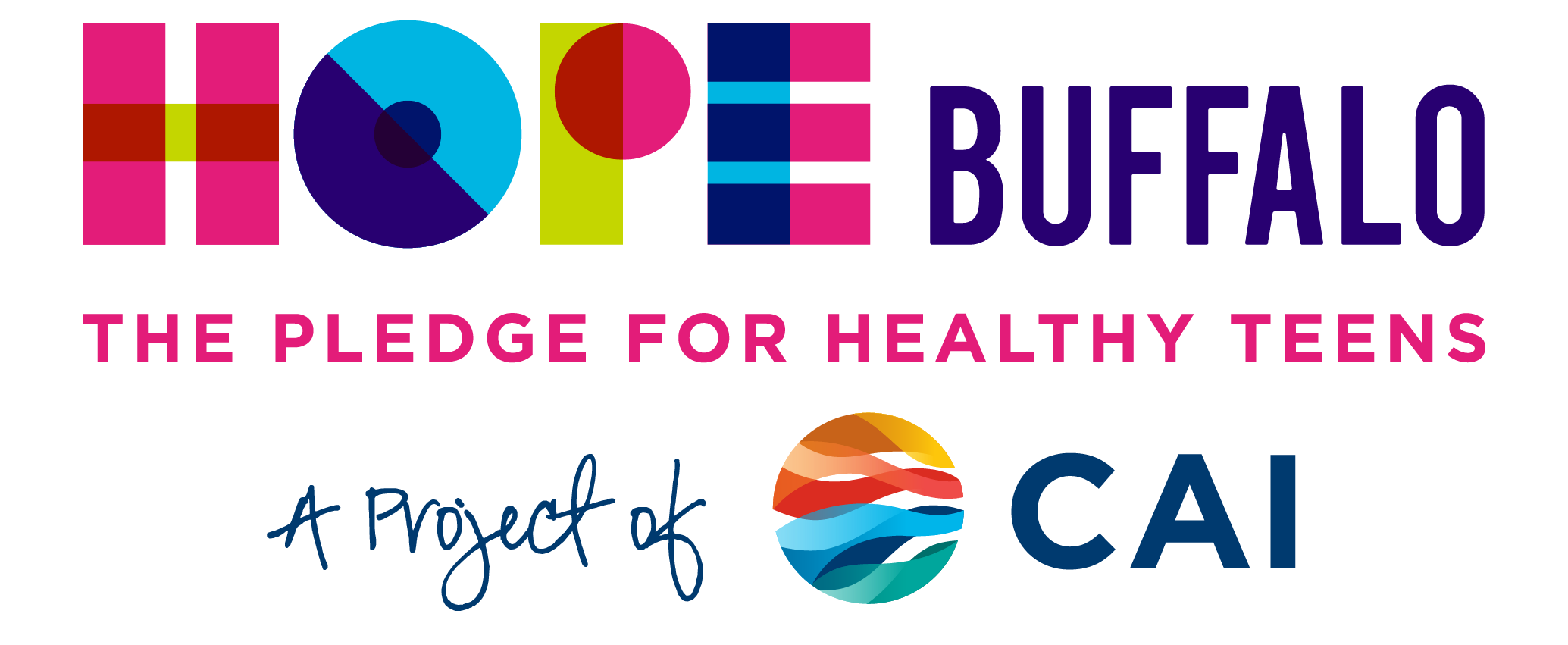Co-Creating Pathways to Workforce Development with Youth in Buffalo, NY
Published:

Young people have important perspectives and ideas that Teen Pregnancy Prevention (TPP) programs can leverage by engaging them as partners in project improvement, program development, implementation, and evaluation.
HOPE Buffalo, a TPP20 Tier 1 program run by the capacity-building organization CAI, experienced this first-hand when it recruited community members ages 18–21 to spearhead a community needs assessment focused on workforce development pathways for young adults in Buffalo, NY. The program purposefully took this approach to showcase and capitalize on how uniquely powerful research can be when led by those who are most invested in and impacted by the results.
HOPE—in collaboration with community-based partner Erie Niagara Health Education Center—launched this initiative after learning that the youth they serve want to build their professional skills and prepare for joining the workforce. Research shows that opportunities to explore careers, develop skills, and gain valuable work experience can impact young people’s long-term health, including lowering the likelihood of teen pregnancy.
Before kicking off the needs assessment, the youth on the research team, called Near to Peers or NTPs, participated in a series of HOPE-led training sessions on conducting community-based participatory research—including motivational interviewing and focus group facilitation—rooted in the social-ecological model. This training built the NTPs’ capacity as researchers.
They then decided on the best methods to collect data within their community, identified questions to include in the assessment, and compiled a list of community stakeholders to collect data from. Ultimately, the NTPs facilitated three focus groups, conducted 18 interviews, and collected 23 survey responses. Research participants included workforce development program staff, educational employees, local elected officials, and other NTP peers and family members.
The NTPs are currently identifying key themes from the data and will draw on findings to develop recommendations for improving pathways to workforce development for Buffalo’s youth. They will present these recommendations to various stakeholders, like workforce development programs and employers in the community, hoping to compel them to invest (or re-invest) in creating workforce development opportunities for youth.
TPP programs looking to engage youth in co-creation can check out these RHNTC resources:
